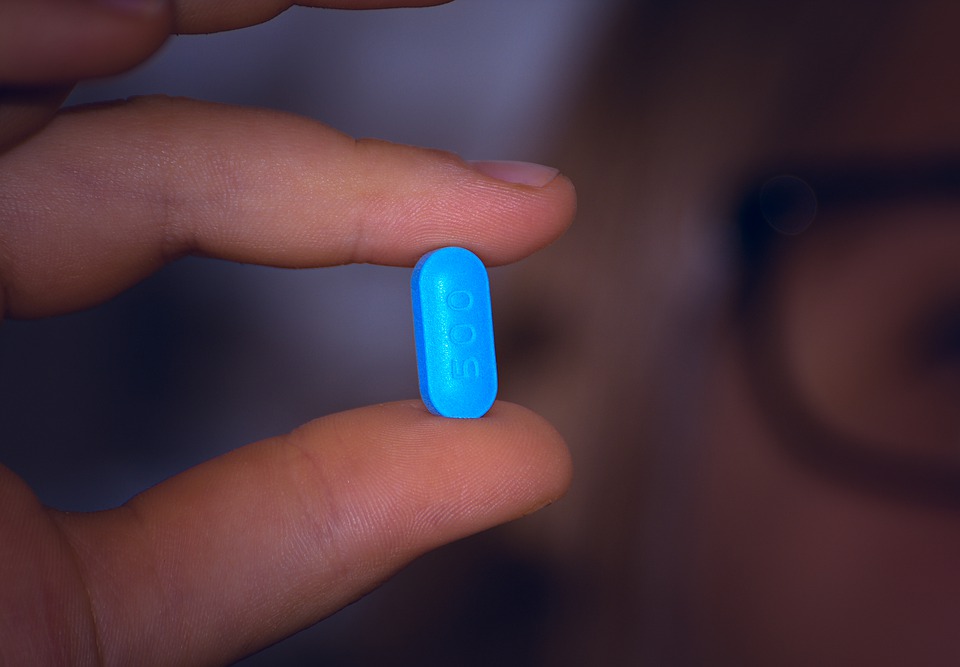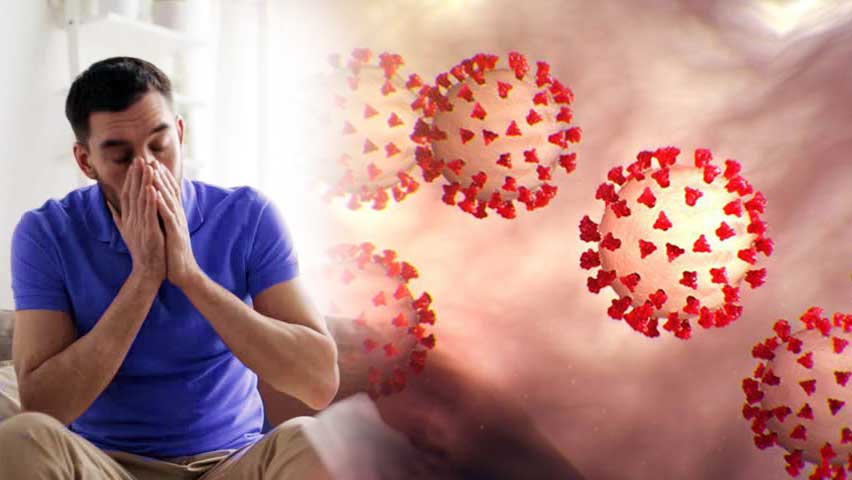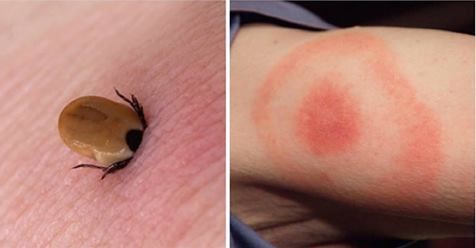According to a new study, the daily pill preexposure prophylaxis (PrEP) prevented HIV infection in all 657 individuals who took it for two and a half years. The findings were published on September 1 in the journal Clinical Infectious Diseases by researchers at Kaiser Permanente San Francisco Medical Center, Department of Adult and Family Medicine, San Francisco, CA; and Kaiser Permanente Northern California, Division of Research, Oakland, CA.
In 2012, the Food and Drug Administration (FDA) approved a fixed-dose treatment of emtricitabine and tenofovir for individuals who do not have HIV but may be at risk of contracting it. Those antiviral drugs comprise PrEP (Truvada), which can prevent an HIV infection when an individual is exposed from IV drug use or unprotected sex. In a news release, Jonathan Volk, MD, MPH, physician and epidemiologist at Kaiser Permanente San Francisco Medical Center, said, “Our study is the first to extend the understanding of the use of PrEP in a real-world setting and suggests that the treatment may prevent new HIV infections even in a high-risk setting. Until now, evidence supporting the efficacy of PrEP to prevent HIV infection had come from clinical trials and a demonstration project.”
The new study found that the 100% infection rate was far superior to the 86% rate reported by previous clinical trials. Opponents of Truvada claim that it encourages risky sex among gay and bisexual men, whom the virus disproportionately affects. However, , proponents note that the drug has the potential to help prevent future infections of a virus that today has infected almost 40 million individuals worldwide, especially among those who do not have access to condoms.
The researchers found that, six months into the study, HIV infection was prevented despite participants’ changing sexual behavior, including number of partners and condom use, six months into the study. They also noted that PrEP did not prevent other sexually transmitted diseases (STDs). Six months after participants began taking the drug, 30% had been diagnosed with at least one STD, and at 12 months, 50% had been diagnosed with an STD; 33% had a rectal STD, 33% had chlamydia, 28% had gonorrhea, and 5.5% had syphilis.
In the news release, Bradley Hare, MD, director of HIV Care and Prevention at Kaiser Permanente San Francisco, noted that individuals taking Truvada should undergo routine STD and HIV testing. The Centers for Disease Control and Prevention (CDC) recommends that individuals taking PrEP should get tested for STDs every six months. He also advised those individuals to monitor themselves for known side effects from the drug, such as changes in kidney function. According to the CDC, more than 1.2 million individuals in the United States are living with HIV infection, and one in eight people infected with virus are not aware of it. About one in four new HIV infections is among individuals aged 13 to 24.



